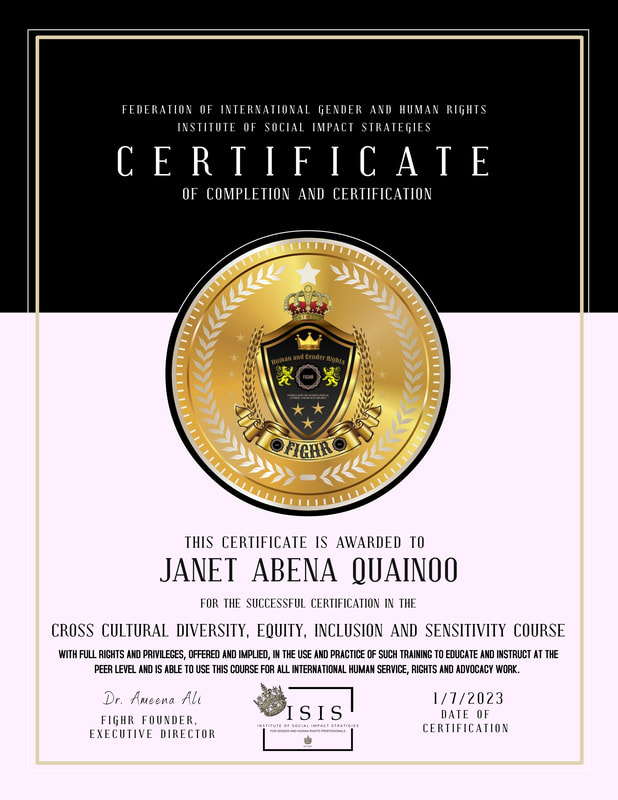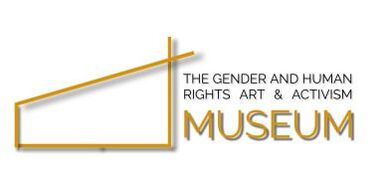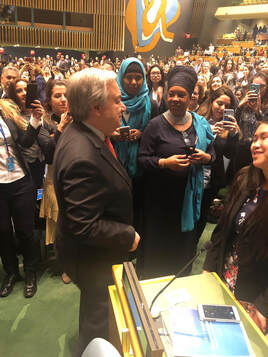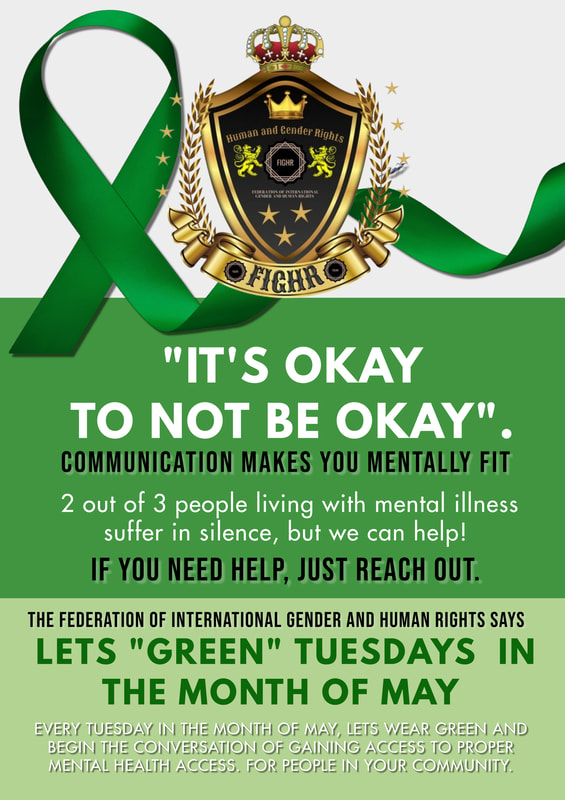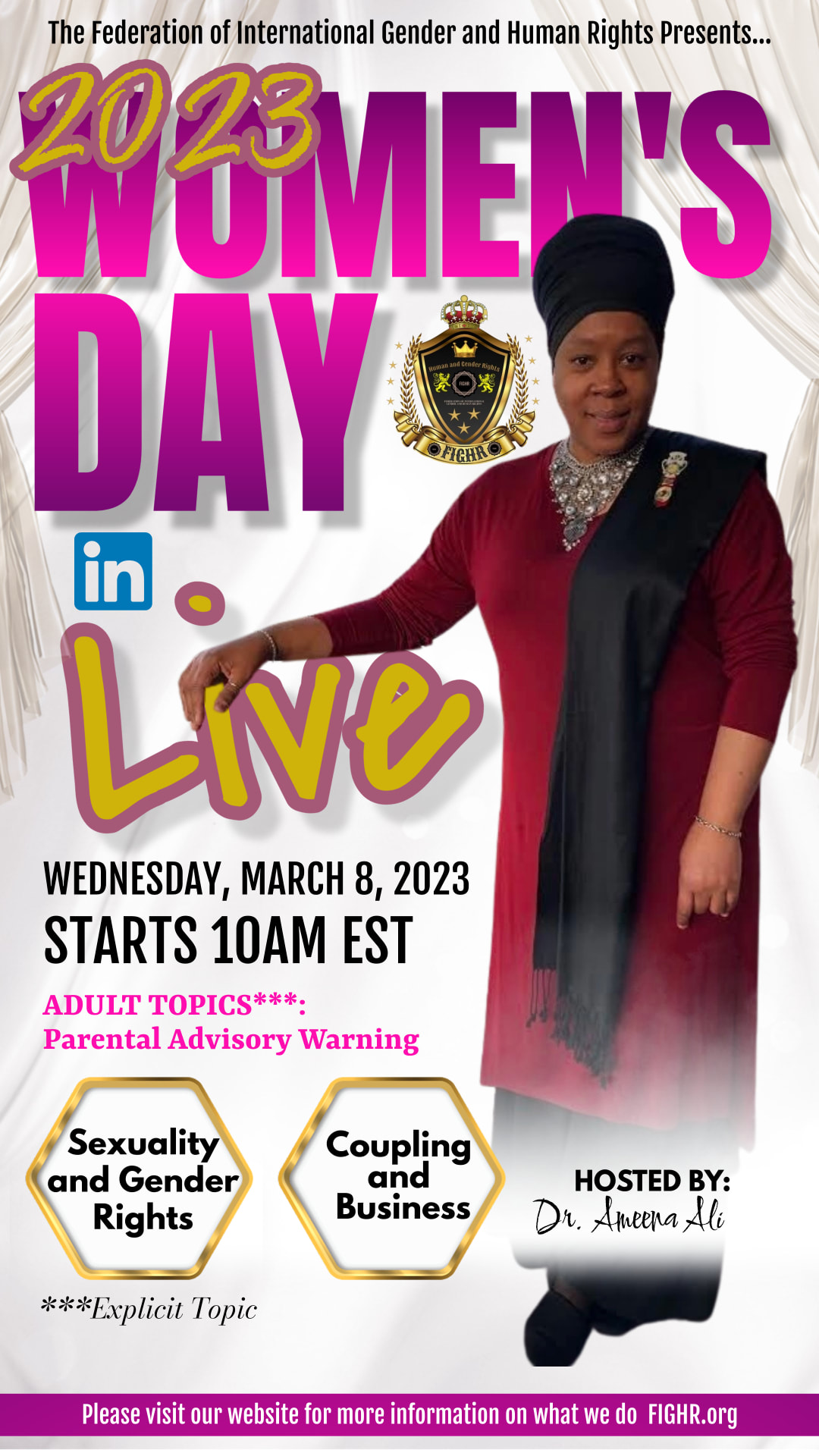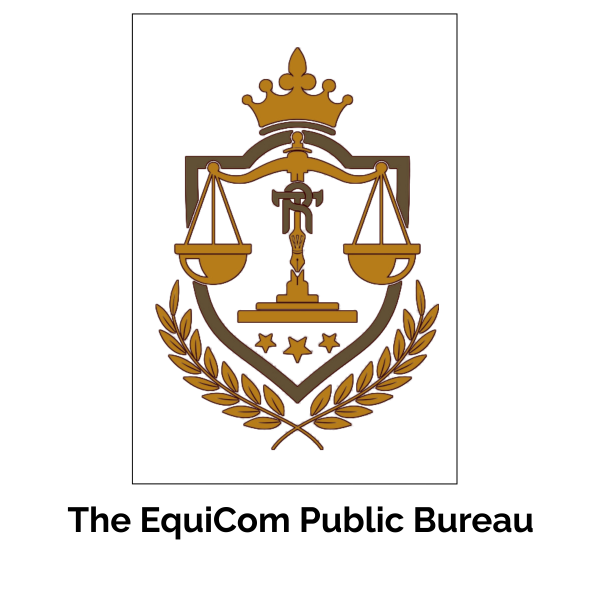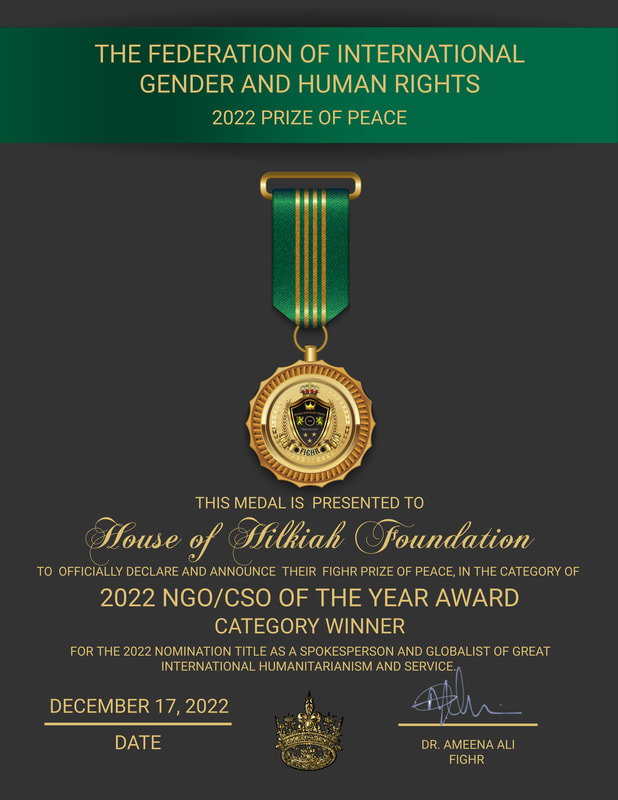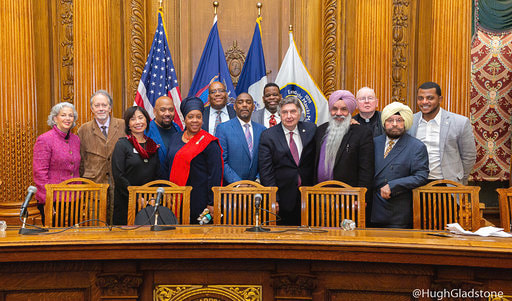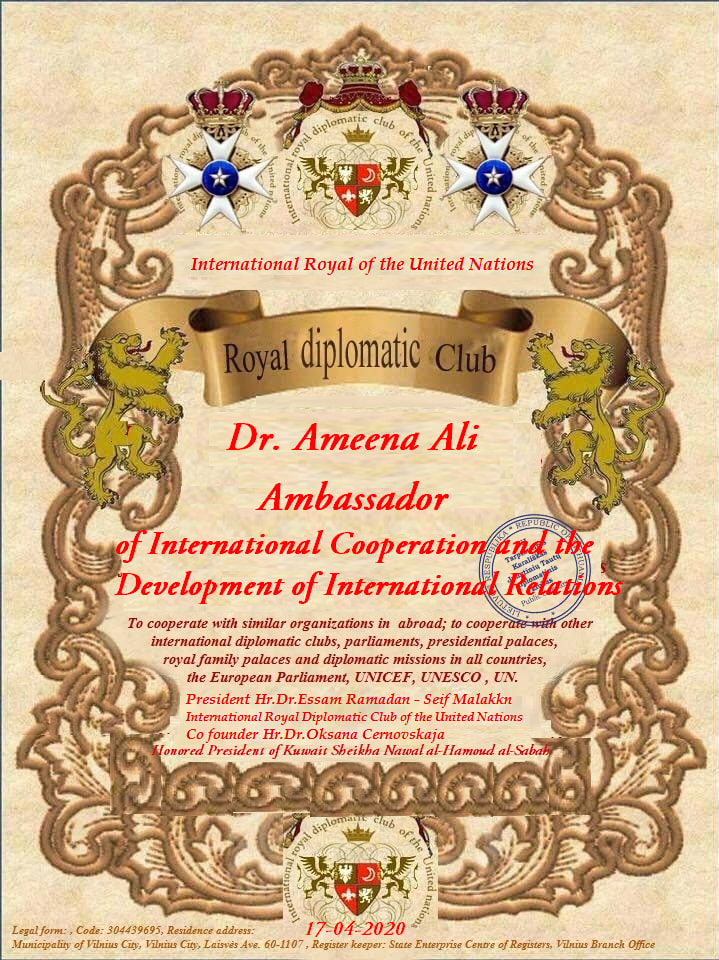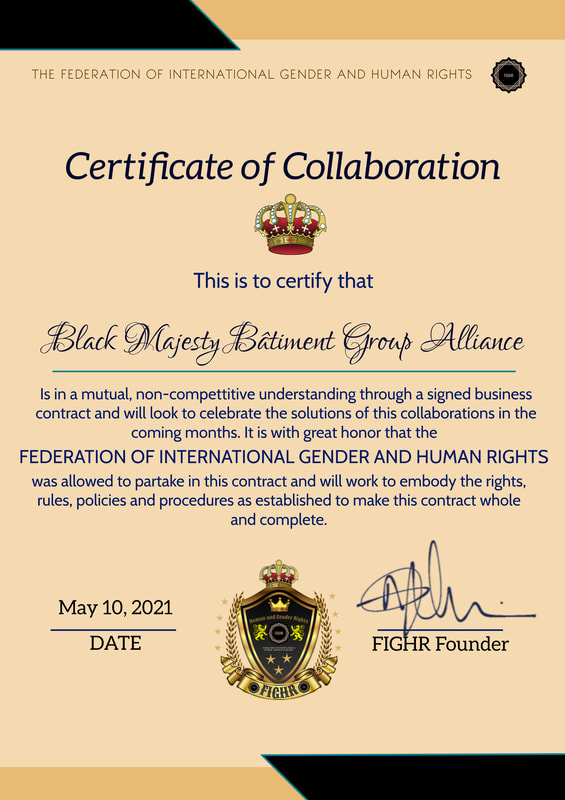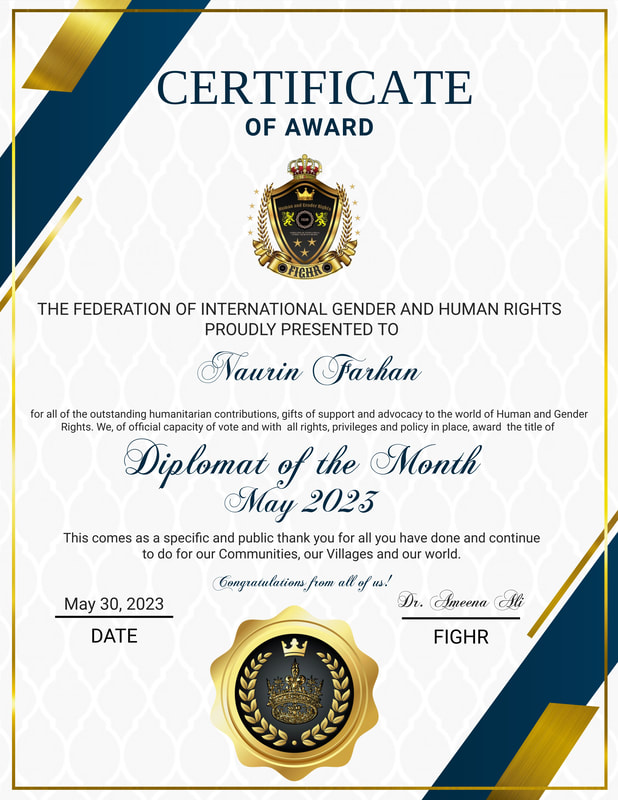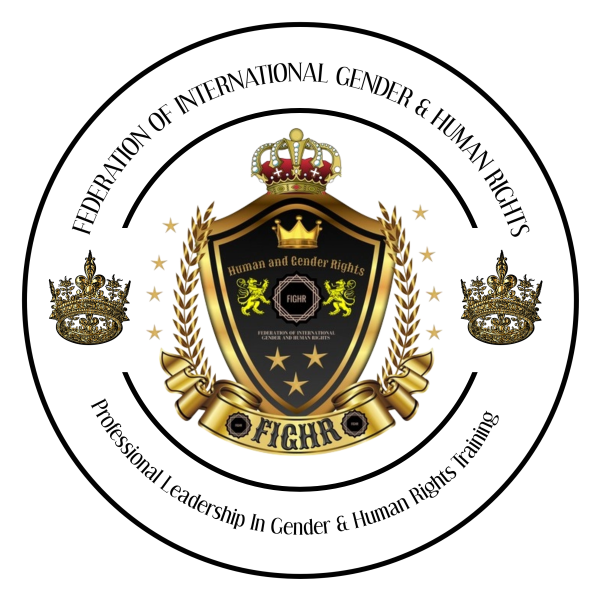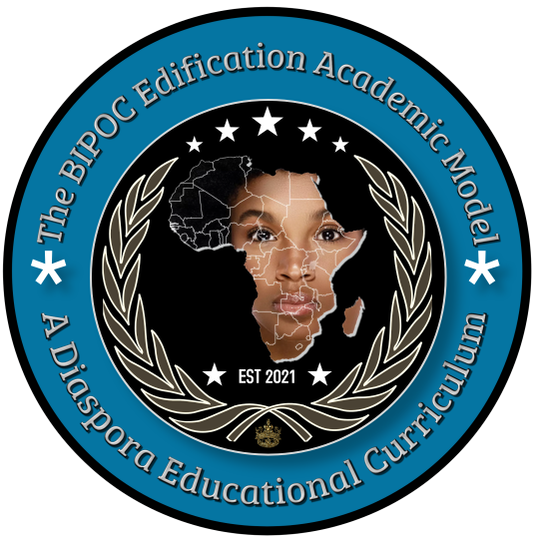Some of our work...
The intersection of political and economic power plays a crucial role in shaping access to gender and human rights solutions. We are dedicated to offering the insight into how this is shaped and what vices, exchange of ideas, the application of wisdom as well as the common actions of those of the evolution we will need to explore to attain our long-game goals. This will happen and we are tasked to make this happen; here are a few ways to effect change:.
1. Legislation and Policy: Political power influences the creation and implementation of laws and policies regarding gender equality and human rights, while economic power can shape the resources allocated to enforce these policies effectively.
2. Representation and Participation: Political power determines representation in decision-making bodies, affecting the inclusion of diverse voices in discussions on gender and human rights. Economic power can also influence who has access to resources and opportunities to participate in these processes.
3. Access to Resources: Economic power influences access to resources such as education, healthcare, employment, and property ownership, which are essential for realizing gender equality and human rights.
4. Gender Pay Gap: Economic power dynamics contribute to the gender pay gap, impacting women's financial independence and ability to access rights such as healthcare and education.
5. Corporate Influence: Corporations wield economic power that can influence political decisions and policies related to gender and human rights, often through lobbying and campaign contributions.
6. Intersectionality: Political and economic power intersect with other social identities such as race, ethnicity, sexuality, and disability, creating complex dynamics that affect access to gender and human rights solutions.
7. International Relations: Economic power disparities between nations can affect the implementation of international agreements and commitments related to gender equality and human rights.
8. Grassroots Movements: Grassroots movements often challenge existing power structures, advocating for gender and human rights solutions through collective action and mobilization, influencing both political and economic spheres.
1. Legislation and Policy: Political power influences the creation and implementation of laws and policies regarding gender equality and human rights, while economic power can shape the resources allocated to enforce these policies effectively.
2. Representation and Participation: Political power determines representation in decision-making bodies, affecting the inclusion of diverse voices in discussions on gender and human rights. Economic power can also influence who has access to resources and opportunities to participate in these processes.
3. Access to Resources: Economic power influences access to resources such as education, healthcare, employment, and property ownership, which are essential for realizing gender equality and human rights.
4. Gender Pay Gap: Economic power dynamics contribute to the gender pay gap, impacting women's financial independence and ability to access rights such as healthcare and education.
5. Corporate Influence: Corporations wield economic power that can influence political decisions and policies related to gender and human rights, often through lobbying and campaign contributions.
6. Intersectionality: Political and economic power intersect with other social identities such as race, ethnicity, sexuality, and disability, creating complex dynamics that affect access to gender and human rights solutions.
7. International Relations: Economic power disparities between nations can affect the implementation of international agreements and commitments related to gender equality and human rights.
8. Grassroots Movements: Grassroots movements often challenge existing power structures, advocating for gender and human rights solutions through collective action and mobilization, influencing both political and economic spheres.
We have celebrated many years in the service and now want to be able to make this a great offering for you. Here is a few of the many ways we are shining in the international community and would like to include you. Please reach out if you are ready to open the doors to better service in the world of Gender and Human Rights.
|
COMING 2025 - The GHRAAM (Atlanta, Georgia)
Our Rector with the Secretary General António Gutterres, at the United Nations, New York.
Our Founder with Madame Secretary General, Amina J Mohammed, United Nations, New York City
The first agency for the procurement of Data and Research for Equity and Equality for the inclusion of the BIPOC Community
2024 CSW68 Parallel Event - "Let's Address the Issues" with Madame Kira Lee
|
Our Founder as a proud Member of the the #GODSquadNYC; an Interfaith Liturgical group of New York City.
First Primary and Secondary Educational Curriculum
for the BIPOC Diaspora
|



